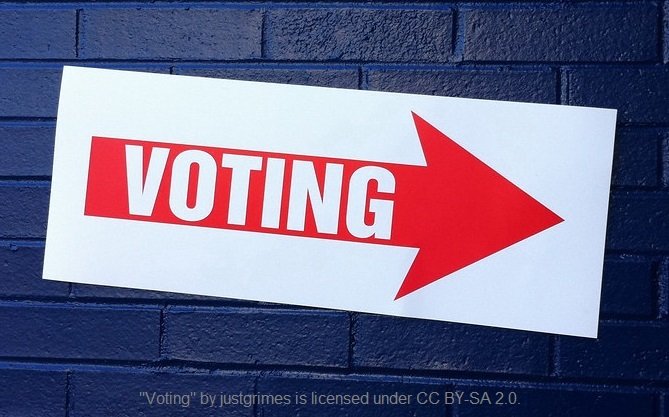By Rev. Laura Folkwein
Today is election day in Gallatin County, and I am wondering if you have ever thought about voting as a spiritual experience? We research candidates and study up on issues on the ballot. But do we pray about our votes and the election process? We can, and perhaps we should.
Here are some things we might pray about today and this November:
We can pray for all candidates, that they remember who and why they want to serve. That win or lose, they engage in fair and transparent processes. That when elected, they have accurate information and sufficient support to make informed decisions on behalf of those they represent.
We can pray for people who hold office currently, that they may govern with fairness, integrity, and justice.
We can pray for everyone overseeing and managing the election process, for clear heads and compassionate service (including many of our church members serving as election workers today).
We can pray for free and fair elections around the world, and those who observe them to promote and protect democratic processes.
We can pray for our own decisions as we fill out our ballots at the polls or at home. That our votes may reflect our best hopes and clearest values for our communities, based in our best interests for ourselves and our neighbors.
We can remember everyone who has served us by serving in elected or appointed office with gratitude.
We can pray in gratitude for everyone who has had to fight to get and maintain the right to vote, and we can pray for forgiveness for the sin of disenfranchisement and exclusion.
Early in the U.S. voting access was initially given to states to decide, and most states limited voting to white males who owned land.
In 1870, post Civil War, the 15th Amendment guaranteed that the right to vote could not be denied based on race. However, Indigenous people in the U.S. were not allowed to vote until 1924, with passage of the Snyder Act.
The 19th Amendment guaranteed that the right to vote would not be denied to anyone on account of their sex, in 1920.
Additional voter protections were ratified in 1964, and the 1965 Voting Rights Act, (which was amended and severely weakened in 2013).
In 1971, 18-year olds were allowed to vote.
(Learn more at: https://constitutioncenter.org/interactive-constitution/blog/the-evolution-of-voting-rights-in-america)
In Isaiah 58:1, the prophet says “Shout out; do not hold back! Lift up your voice like a trumpet!”
To vote is to raise your voice. There is much to be concerned about these days in terms of national and local governance, abuses of power, and widening ideological divides. Still, voting is a sacred right and a privilege not to be wasted or taken lightly—even if sometimes we may wonder if it matters. Decisions about how we live together in community: who runs our courts, who oversees our schools, who represents us in all levels of government, should be made carefully and prayerfully.
On election day, I am grateful to have and to freely exercise the right to vote. I am grateful to be connected to history, community, and something greater than my own interests. Voting is part of the spiritual practice of loving my neighbor and participating in community with faith and hope.
